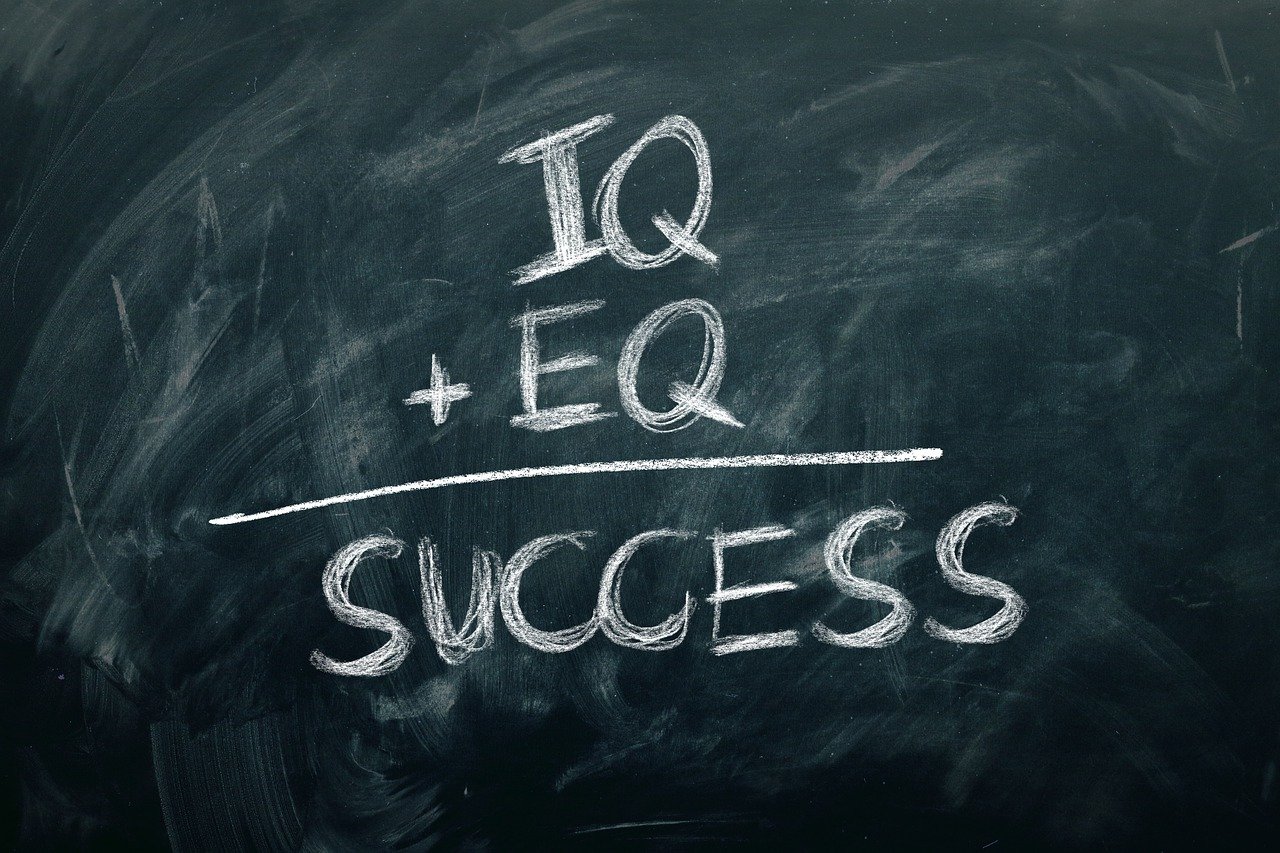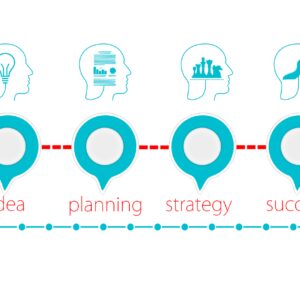How You Will Benefit
The type of intelligence with increasing value in the workplace is emotional intelligence- the smarts of controlling emotions, having empathy, and handling stress. According to a CareerBuilder survey, over 1 in 3 hiring managers placed increased importance on EI in their hiring and promoting decisions. For 71%, EI was more important than IQ and 59% went as far as to say that they would not hire someone a low EI.
Emotional intelligence reaps notable results. One study which followed manufacturing supervisors after they underwent EI training revealed that incidents of lost-time accidents were cut in half, formal grievances were reduced by 20 percent, and plant productivity revenues soared $250,000 beyond goal. EI also reflects directly on how good you are at your job. According to statistics compiled by TalentSmart Inc., 90 percent of top performers have high emotional intelligence. EI is responsible for 58 percent of your job performance. And in the long run, people with high EI’s earn an average of $29,000 more annually over low EI colleagues!
This course will enable you to understand the sources of emotional intelligence, learn how to keep emotions in check, and build relationships based on empathy. As a result, you’ll be able to make more thoughtful decisions, show grace under pressure, resolve conflict effectively, and have increased attentiveness to your own emotions The type of intelligence with increasing value in the workplace is emotional intelligence- the smarts of controlling emotions, having empathy, and handling stress. According to a CareerBuilder survey, over 1 in 3 hiring managers placed increased importance on EI in their hiring and promoting decisions. For 71%, EI was more important than IQ and 59% went as far as to say that they would not hire someone a low EI.
Emotional intelligence reaps notable results. One study which followed manufacturing supervisors after they underwent EI training revealed that incidents of lost-time accidents were cut in half, formal grievances were reduced by 20 percent, and plant productivity revenues soared $250,000 beyond goal. EI also reflects directly on how good you are at your job. According to statistics compiled by TalentSmart Inc., 90 percent of top performers have high emotional intelligence. EI is responsible for 58 percent of your job performance. And in the long run, people with high EI’s earn an average of $29,000 more annually over low EI colleagues!
This course will enable you to understand the sources of emotional intelligence, learn how to keep emotions in check, and build relationships based on empathy. As a result, you’ll be able to make more thoughtful decisions, show grace under pressure, resolve conflict effectively, and have increased attentiveness to your own emotions





